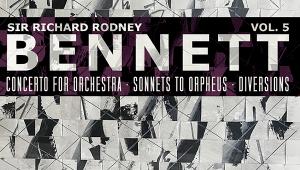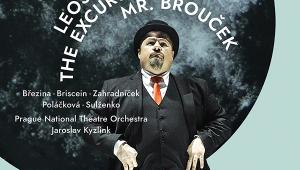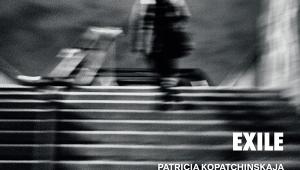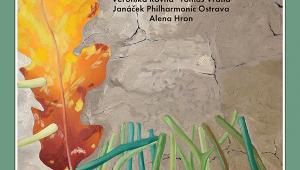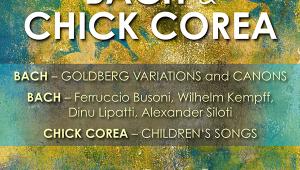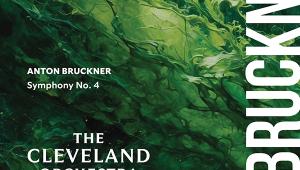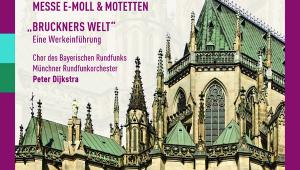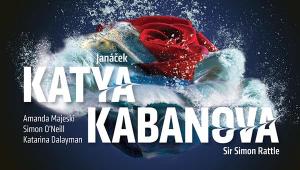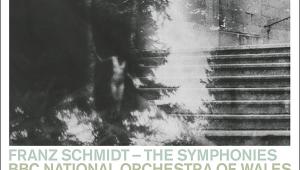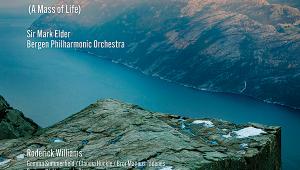Classical, July 2024
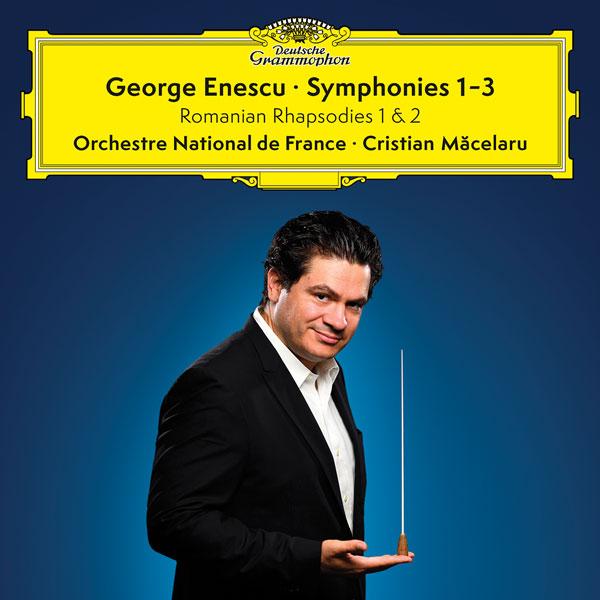
 Orch National de France/MAcelaru
Orch National de France/MAcelaruEnescu: Symphonies Nos 1-3, Rhapsodies Nos 1 & 2
DG 486 5505 (three discs; downloads to 96kHz/24-bit resolution)
If you don’t know this repertoire, you have a treat in store. Enescu was a complete musician (composer-conductor-violinist barely begins to cover it) with a photographic memory and an astonishing ear. Written between 1905-1921, his symphonies cover a lot of ground between Tchaikovsky and late Vaughan Williams. No.2 bears comparison with Elgar’s Second for its intricacy, onward-rushing momentum and its visionary gaze. Măcelaru does Enescu a valuable service by often looking on the sunny side of these complex scores, and keeping the orchestra on its toes. The sound has all the required amplitude and detail. The best tunes come in the teenage Rhapsodies, but the symphonies hold more lasting rewards. PQ
Sound Quality: 90%
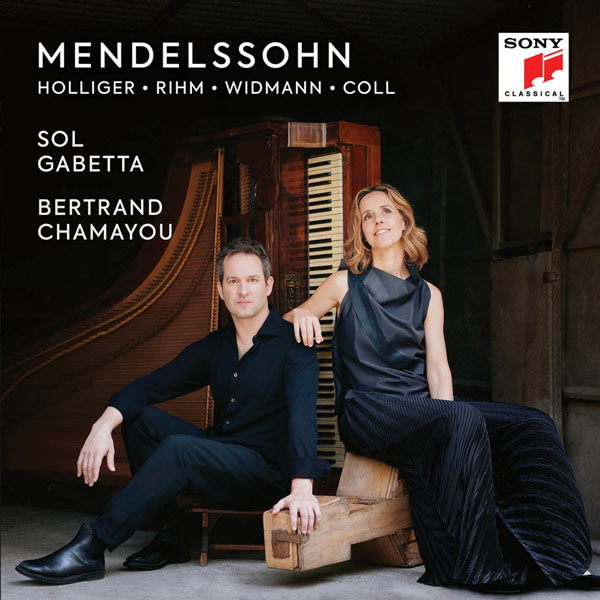
Sol Gabetta/Bertrand Chamayou
Mendelssohn: Cello Sonatas; Widmann, Holliger,
Coll, Rihm: Songs Without Words
Sony 19439934002 (downloads to 96kHz/24-bit resolution)
Four modern composers show that the song-without-words genre may retain a core of memorable melody, even when cloaked in the darkly expressionist harmonies of Holliger or the retrospective economy of late Rihm. Coll and Widmann are more at home in subtly updated retakes. Gabetta moves from a 1730 Gofriller in the modern pieces to a 1717 Stradivari for Mendelssohn, while Chamayou swaps his Steinway for an 1859 Blüthner. The cellist fairly leaps into the Second Sonata’s opening Allegro before gracefully giving way to Chamayou, and they relax in each other’s company like old friends. PQ
Sound Quality: 85%
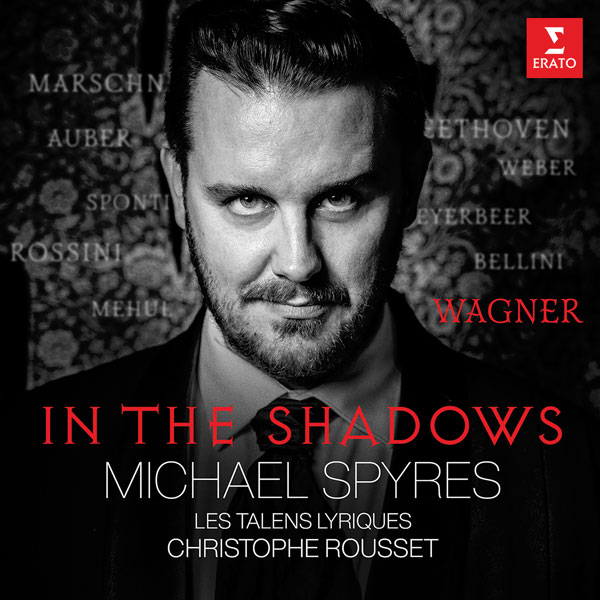
Michael Spyres, Les Talens Lyriques/Christophe Rousset
In the Shadows: Beethoven, Bellini, Rossini, Wagner
Erato 5419787982 (downloads to 96kHz/24-bit resolution)
In the booklet essay, Spyres says that his aim was to shed light on composers ‘who languish in Wagner’s shadow’. In practice, he has traced an absorbing journey of vocal writing and operatic thinking towards the mature Wagner. A triumphal Méhul number displays the tenor’s ringing French to best advantage – he has no current equals in this repertoire – as in Florestan’s dungeon scene from Fidelio, its oppressive setting well caught by the engineers and Rousset’s care over orchestral colour. Rarities by Spontini and Marschner have instant replay value. Finally, Spyres arrives at Lohengrin’s ‘lieber Schwan’ as a radiant resting place. PQ
Sound Quality: 85%
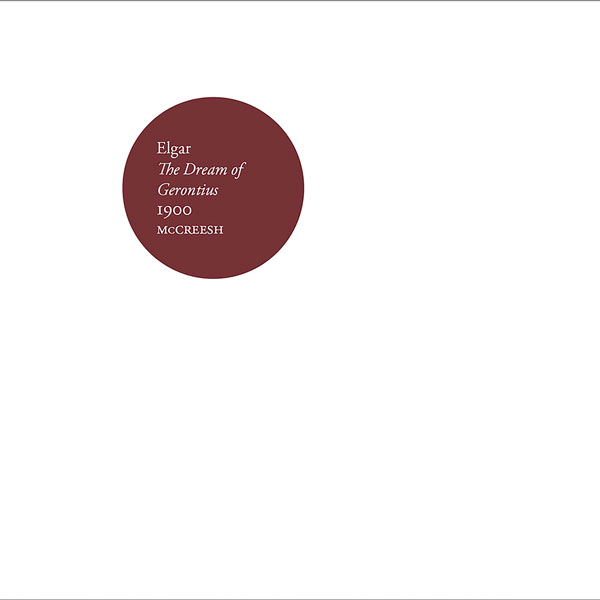
Stéphany, Spence, Foster-Williams, Gabrieli Consort et al/McCreesh
Elgar: The Dream of Gerontius
Signum SIGCD785 (two discs)
Signum’s engineering faithfully conveys the scale of the forces involved at Fairfield Halls, while capturing the vocal personalities of the three soloists, who make fully-rounded characters out of Newman’s archetypes. Stéphany is a magnificently commanding Angel, Spence’s Gerontius conversational and lyrical. McCreesh draws all the Straussian touches out of Elgar’s orchestration without leaning too heavily on the neo-Wagnerian style. The booklet lists out the ‘authentic’ instrumental lineup but it’s the voices that make this Gerontius stand out, not least the huge but agile chorus with diction clear as a bell. PQ


